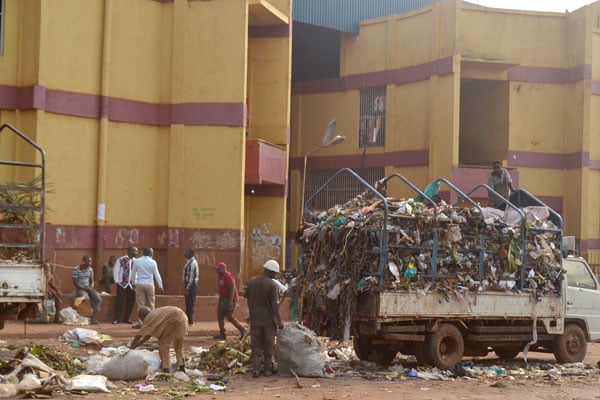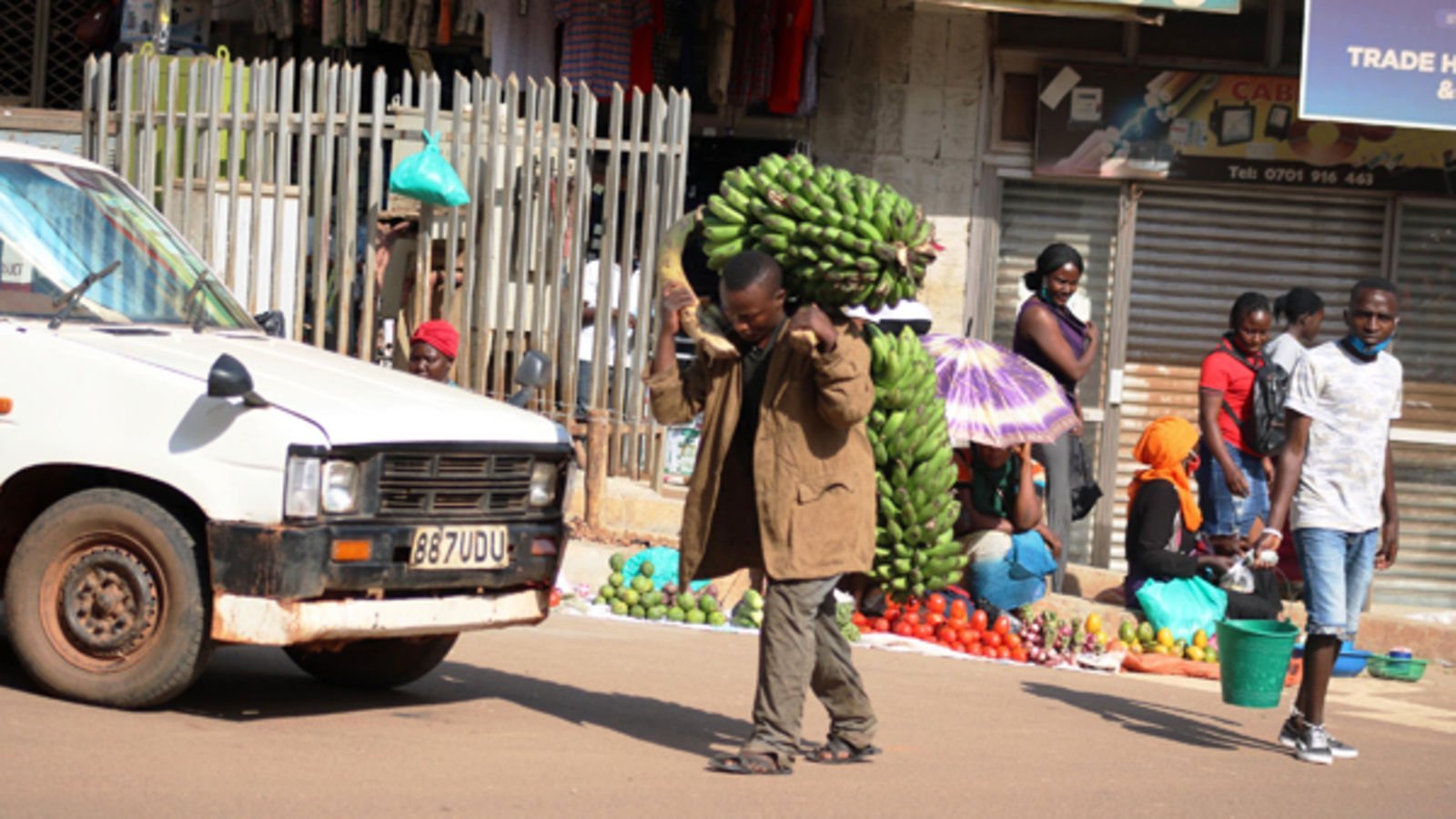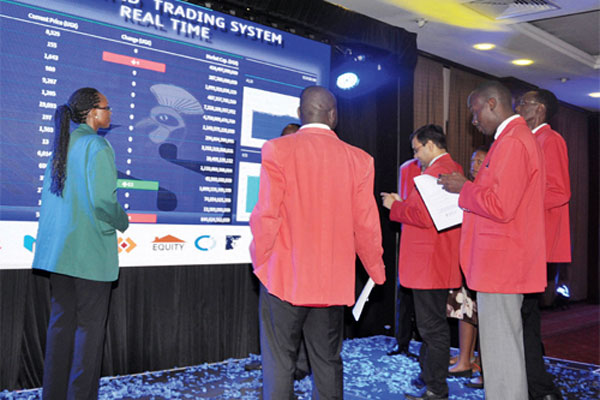Jinja vendors demand central market control

People collect rubbish from Jinja Central Market. Vendors say authorities have failed to manage the market. PHOTO/DENIS EDEMA
What you need to know:
- Mr Rajab Kito, the Jinja City Public Relations Officer, said: “I must be honest and sincere; our market is the dirtiest of all markets in the country. I have been to Gulu and Lira, among others, but it is unfortunate ours is not to those standards and the Ministry of Local Government is aware.”
- Mr Joshua Monday, a vendor, said authorities should share with them some administrative matters because they are more conversant with the departmental problems.
Vendors in Jinja Central Market have demanded to manage the facility over alleged failure by city authorities to resolve their challenges.
The vendors cite high electricity and water bills as well as poor garbage collection.
The vendors' chairperson, Mr Henry Mugimba, said some merchants have been prompted to abandon their stalls and sell their items on the streets.
“We are not satisfied with the services rendered by Jinja City authorities; there are high utility bills such as electricity and water yet vendors promptly pay their dues but are often disconnected by service providers.
“Even cleaning the market is the responsibility of Jinja City Authority, but it has failed to do so, leaving the entire place very dirty; that is why vendors want to be given the opportunity to manage some of the utilities themselves since it affects us directly,” Mr Mugimba added.
Mr Mugimba said the vendors are also currently managing a weekly collection of Shs1.2m from the public toilets.
Jinja Central Market accommodates about 4,000 vendors and each contributes a monthly stall rent of Shs10,000.
The Shs36b market was constructed by the government under Markets and Agriculture Trade Improvement Programme (MATIP) Phase I with funding from African Development Bank.
However, since it was commissioned in 2014 by President Museveni, there has been misunderstandings between the vendors and Jinja City authorities over management.
Mr Joshua Monday, a vendor, said authorities should share with them some administrative matters because they are more conversant with the departmental problems.
“There are certain things we (the vendors) can handle ourselves like cleaning the market. We can, for instance, mobilise each department to do so without paying someone monthly,” he said.
Mr Robert Ssemakula, who operates a hardware shop in the market, said electricity and water bills should be managed by the vendors because not all vendors use the same units.
Authorities say
Mr Rajab Kito, the Jinja City Public Relations Officer, said: “I must be honest and sincere; our market is the dirtiest of all markets in the country. I have been to Gulu and Lira, among others, but it is unfortunate ours is not to those standards and the Ministry of Local Government is aware.”
Mr Kito said electricity and water bills have accumulated since the money collected is not enough. “The market operates under the guidelines of Local Government Act and the Jinja City Authority has full control over its management. If they pay monthly rent for their stalls, I don’t see why they should be disconnected by NWSC and Umeme; but they are not paying and that is why sometimes they are disconnected,” Mr Kito said.
He added that the market’s projected monthly collection is Shs200m but it is currently between Shs30m and Shs40m, and of this, 10 per cent is for maintenance of the facility including repairing the CCTV cameras. Mr Kito, however, said everything will be in place as soon as the new city operation guidelines are available.




